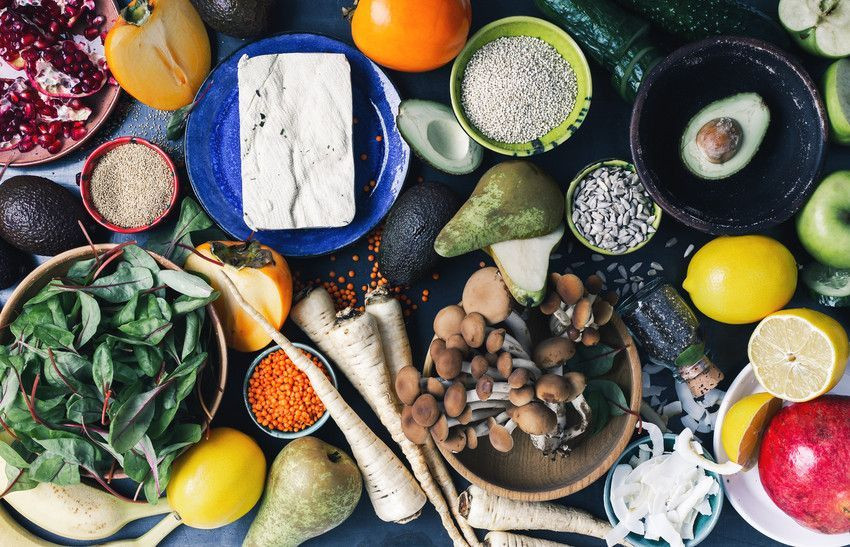8 Steps to healthy eating

The following steps will help you control your blood glucose levels and blood fats as well as regulate your weight
Eat regular meals based on starchy carbohydrate foods such as bread, pasta, chapatis, potatoes, rice and cereals. This will help you to control your blood glucose levels. Whenever possible, choose wholegrain varieties that are high in fibre, like wholemeal bread and wholemeal cereals to help maintain the health of your digestive system and prevent problems such as constipation.
Try and cut down on the fat you eat - particularly saturated (animal) fats, as this type of fat is linked to heart disease. Choose monounsaturated fats, eg olive oil and rapeseed oil. Eating less fat and fatty foods will also help you to lose weight. Use less butter, margarine, cheese and fatty meats. Choose low fat dairy foods like skimmed milk and low fat yogurt. Grill, steam or oven bake instead of frying or cooking with oil or other fats.
Eat more fruit and vegetables - aim for at least five portions a day to provide you with vitamins and fibre as well as to help you balance your overall diet. A portion is, for example, a piece of fruit or a serving of a vegetable.
Cut down on sugar and sugary foods - this does not mean you need to eat a sugar-free diet. Sugar can be used as an ingredient in foods and in baking as part of a healthy diet. However, use sugar-free, low sugar or diet squashes and fizzy drinks, as sugary drinks cause blood glucose levels to rise quickly Use less salt, because a high intake of salt can raise your blood pressure. Try flavouring food with herbs and spices instead of salt.
Drink alcohol in moderation only - thats two units of alcohol per day for a woman and three units per day for a man. For example, a small glass of wine or half a pint of normal-strength beer is approximately one unit. Never drink on an empty stomach, as alcohol can make hypoglycemia (low blood glucose levels) more likely to occur.
If you are overweight, losing weight will help you control your diabetes and will also reduce your risk of heart disease, high blood pressure and stroke. Aim to lose weight slowly over time (1-2 lbs per week) rather than crash dieting. Even if you don't manage to get your ideal weight, losing a small amount and keeping it off will help with your blood glucose control and improve your overall health.
Don't be tempted by diabetic foods or drinks. They are expensive, unnecessary and have no added benefit for people with diabetes

